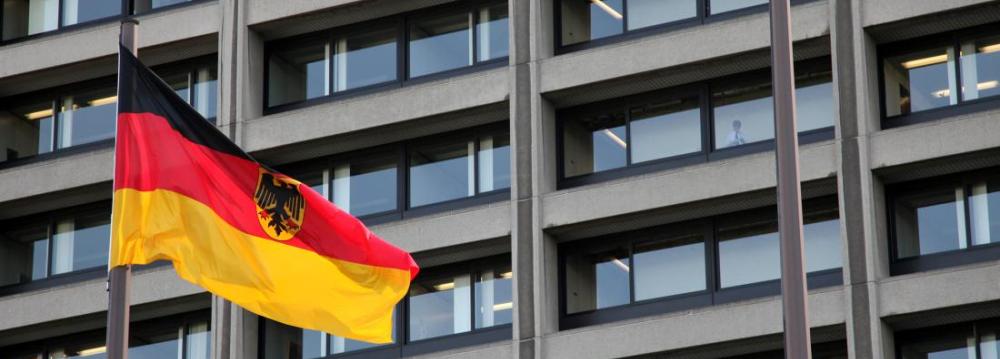The bond market’s outlook for inflation is picking up after European Central Bank President Mario Draghi’s latest expansion of stimulus.
A gauge of German inflation expectations climbed to the highest level since January this week. With Brent crude oil rising for a third week, that’s helping boost optimism among investors before data due on March 17 that, according to economists surveyed by Bloomberg, will confirm that the annual consumer-price inflation rate in the 19-nation bloc declined to minus 0.2% in February from 0.3% a month earlier.
“Breakevens have really rebounded,” said Marc Ostwald, a strategist at ADM Investor Services International Ltd. in London. “People are realizing some of the negative commentary that we had about a global recession was overhyped.”
Germany’s 10-year break-even rate, a measure of inflation expectations derived from the difference in yield between conventional bonds and index-linked securities, climbed seven basis points, or 0.07 percentage point, this week to 0.92% at close in London Friday. That’s the highest since Jan. 29, based on closing prices.
Brent crude oil increased 4.2% in the week to $40.36 a barrel, after touching $41.48 on March 8, the highest since Dec. 9.
Stimulus Boost
The ECB cut all of its main interest rates, announced a €20 billion ($22 billion) monthly increase in quantitative easing that for the first time opened the door to purchases of corporate bonds and revealed a new four-year loan program at its March 10 meeting.
Draghi said the expanded stimulus will help boost inflation back to the central bank’s goal of just below 2% and that key interest rates will remain at present or lower levels for an extended period of time.
Germany’s 10-year bunds, Europe’s benchmark sovereign securities, fell for a second week. The yield increased three basis points to 0.27%, having climbed to 0.33% on Thursday, the highest since Feb. 2. The 0.5% security due in February 2026 dropped 0.33, or €3.35 per €1,000 face amount, to 102.24.
The yield on Italy’s 10-year bond fell 14 basis points this week to 1.33%. That helped push the additional yield investors demand to hold the securities instead of German bunds down to 106 basis points, the least since Jan. 27, according to closing-price data. The equivalent spread between Spanish and German bonds narrowed to 121 basis points, the tightest since Jan. 29.


